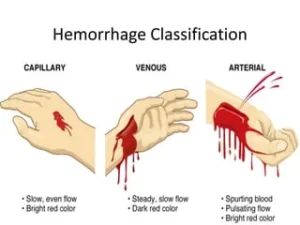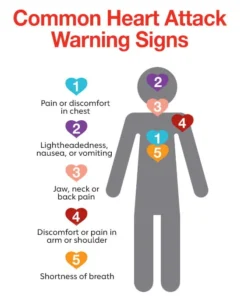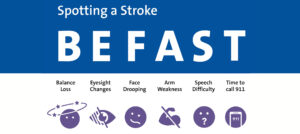The SCC dispatches thousands of calls yearly requiring Emergency Medical Services (EMS), including First Responders and Ambulance Crews.
All ECTs are certified as Emergency Medical Dispatchers (EMDs) by the Vermont Enhanced 9-1-1 Board. This certification provides the ECT with the knowledge required to process medical-related calls utilizing the Board’s EMD Manual properly. The EMD Manual is divided into common medical emergencies or injury call types. Once the ECT has identified the call type, specific Medical Questions will be asked, and appropriate Medical Pre-Arrival Instruction will be offered to the caller. All information obtained from the caller will be relayed to the EMS Crews, allowing for better pre-hospital patient care.
Provide the 9-1-1 Call-taker with the following information:
When reporting a medical emergency, the Call-taker may not automatically know your location. You should be prepared to provide the following information.
- If the emergency is at a residence or business, please provide:
- Street Number, Street Name, and City/Town
- If the emergency is on a highway, please provide the following:
- Street/Highway Name and direction of travel (North, South, East, or Westbound)
- Nearest intersecting Street Name
- Mile Marker, Exit Number, or Landmarks
- The telephone number you are calling from.
- What is the medical emergency being reported?
- Your name
The 9-1-1 Call-taker is required to ask you questions about medical emergencies. Answer all the questions you are asked.
- Answering these questions will not delay a response but will make sure all appropriate agencies are notified. Some medical emergencies will require additional fire, police, and/or emergency medical responders needing to be dispatched.
- Answering these questions will assist the 9-1-1 Call-taker in determining if Pre-Arrival Instruction is needed. Pre-Arrival Instructions are steps you can perform before the arrival of the Rescue Squad or First Responders. The 9-1-1 Call-taker is specially trained to provide these instructions to you. These instructions may help you save someone’s life!
Here are a few of the questions the 9-1-1 Call-taker will ask you when reporting these types of medical emergencies:
Abdominal/Back Pain:
- Is the patient alert?
- Any trouble breathing?
- Any chest pains?
- Any significant fever?
- Dizzy, weak, sweaty, pale, or feeling faint?
- Any injuries, bleeding, or recent surgery?
- Any vomiting? Is it bloody, black, or like coffee grounds?
- Answer all questions asked by the 9-1-1 Call-taker.
 Bleeding:
Bleeding:
- Is the patient alert?
- Any trouble breathing?
- Where is the bleeding coming from?
- How much? Is it spurting or oozing?
- Dizzy, weak, sweaty, pale, or feeling faint?
- Any chest pains?
- Any vomiting? Is it bloody, black, or like coffee grounds?
- Answer all questions asked by the 9-1-1 Call-taker.
Breathing Difficulty:
- Is the patient alert?
- Describe difficulty breathing.
- Any choking?
- Any chest pains?
- Any sweating or change in skin color?
- History of COPD/Asthma/Heart Disease/CHF?
- Any injuries, fever, or cough?
 Chest Pain/Heart Problems:
Chest Pain/Heart Problems:
- Is the patient alert?
- Any trouble breathing?
- Cardiac history
- Dizzy, weak, sweaty, pale, or feeling faint?
- Where in the chest is the pain located?
- Does the patient feel pain anywhere else? Where?
- How long has the pain been present?
Stroke:
 Is the patient alert?
Is the patient alert?- Any trouble breathing?
- Last time without symptoms?
- Any facial droop?
- Any weakness right or left side?
- Any difficulty with speech?
- Is the patient diabetic? Blood glucose, if known?
- Any recent trauma/injury, illness, or overdose?
If you have additional questions or want more information about medical emergencies, please contact the Shelburne Communications Center at (802) 985-8051 or your local EMS Provider.
